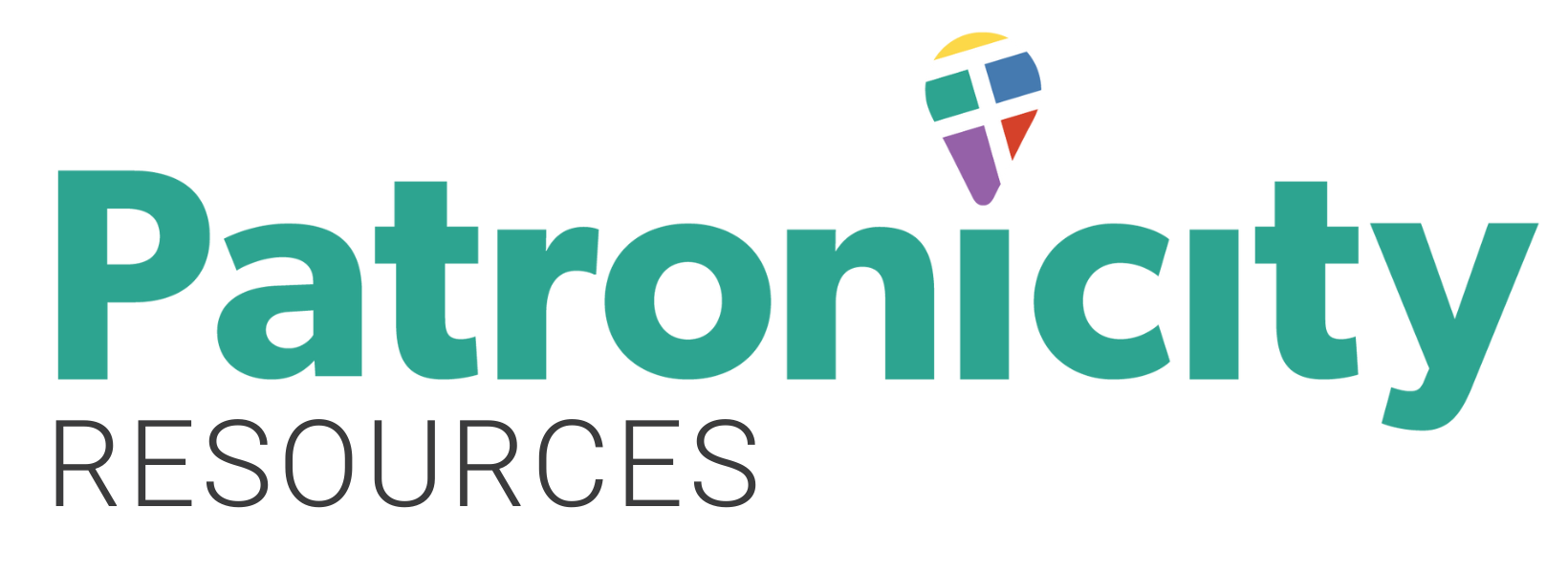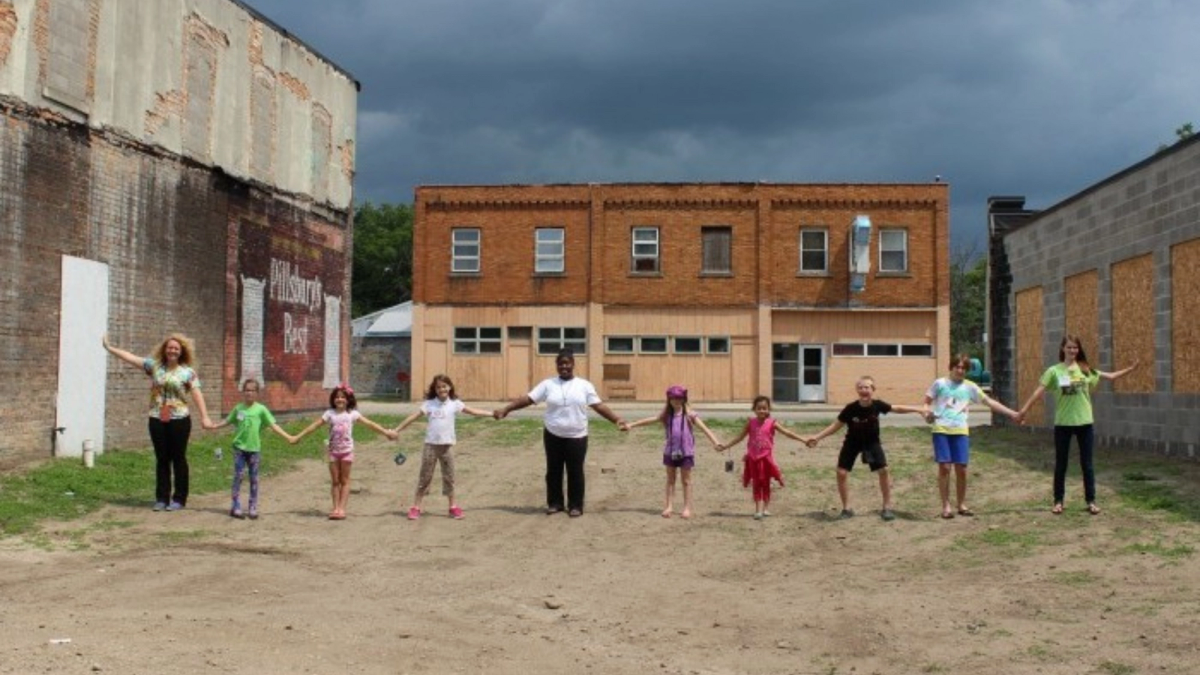
Reflecting on 10 Years of Patronicity
As we celebrate Patronicity’s 10 year anniversary, Ebrahim Varachia, Co-founder, shares three stories that have defined who we are, reminded us of why Patronicity was founded, and will leave you feeling inspired.
As we celebrate Patronicity’s 10 year anniversary this April, I am brought back to three stories that have defined who we are, remind me of why we started Patronicity, and continue to leave me inspired.
The first is a story that proved our crowdgranting model’s idea that the community can be a part of the final review committee, another on how our crowdgranting democratizes the access to capital for driven communities, and last, how crowdgranting can inspire and enable anyone at any age, even with little means to become a Patron of their City.
As crowdfunders, we know the importance of storytelling as a way to connect with one’s community, how it allows us to grow, and the lessons that can be learned from these experiences.
REACH Studio Art Center
The REACH Studio Art Center was one of the first projects to apply to the Michigan Economic Development Corporation’s (MEDC) Public Spaces, Community Places (PSCP) crowdgranting program, which we had launched and were managing. REACH is a vibrant nonprofit community art center offering creative out-of-school engagement in the arts for all ages and abilities with classes and workshops taught by local teaching artists in the REO Town district of Lansing, Michigan.
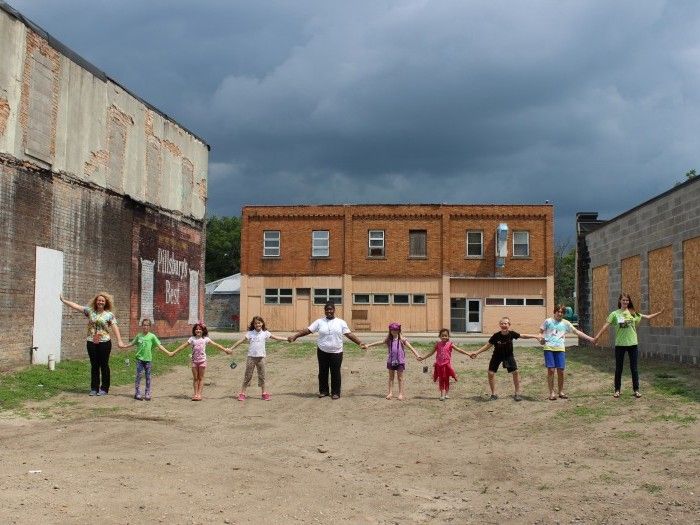
At the time, the PSCP program required applicants to fill out a formal grant application and create a crowdfunding page directed toward the project’s audience and potential patrons. After reviewing the incredible crowdfunding page alone, the MEDC team loved the project and felt it fit within the parameters of the grant, however being based out of Lansing themselves, they were hesitant about approving the grant because they had never heard of the REACH Studio Art Center before.
Allowing the core concept of the crowdgranting program to show its value, they approved the project as we helped them recognize the project would only achieve their grant funds if they showcased enough community engagement through the crowdfunding effort. Exceeding their goal, REACH became an example of how the crowdgranting program would operate, removing the need for a formal grant application packet, allowing the transparency of the crowdfunding page itself to serve as the application, and empowering the community to serve as a part of the review committee.
Marquette Skatepark
The Marquette Skatepark was also an early applicant to the MEDC’s crowdgranting program, led by a local community organizer and the Marquette County Community Foundation to complete the buildout of the Marquette Area Skate Plaza with landscaping, benches, skateable art, and community donor recognition.
After nearly 60 days of running their campaign, the team had only raised 40% towards their modest $10,000 goal. Knowing that if they did not reach their goal they would not receive any matching grant from the MEDC, they felt out of options. With only three days left, the project received an unexpected gift of $4,000 from a patron none of their team knew.
As I looked into it, we found out this unknown and unexpected donor was based out of Los Angeles, CA, and had no connection to the tiny town of Marquette in the Upper Peninsula of Michigan. He was an LA-based skateboarding photographer and shoe designer who used to be an ex-professional skateboarder himself and a friend of his now residing in LA was from Marquette. Learning about the skatepark campaign and the community’s need to reach their funding goal to receive a matching grant from the MEDC, he did what he could to push them closer.
That spurred the final momentum to help the Marquette team exceed their goal with less than 48 hours left, showcasing how the grant funding can motivate supporters and democratize access to capital for communities driven to see change in their neighborhoods.
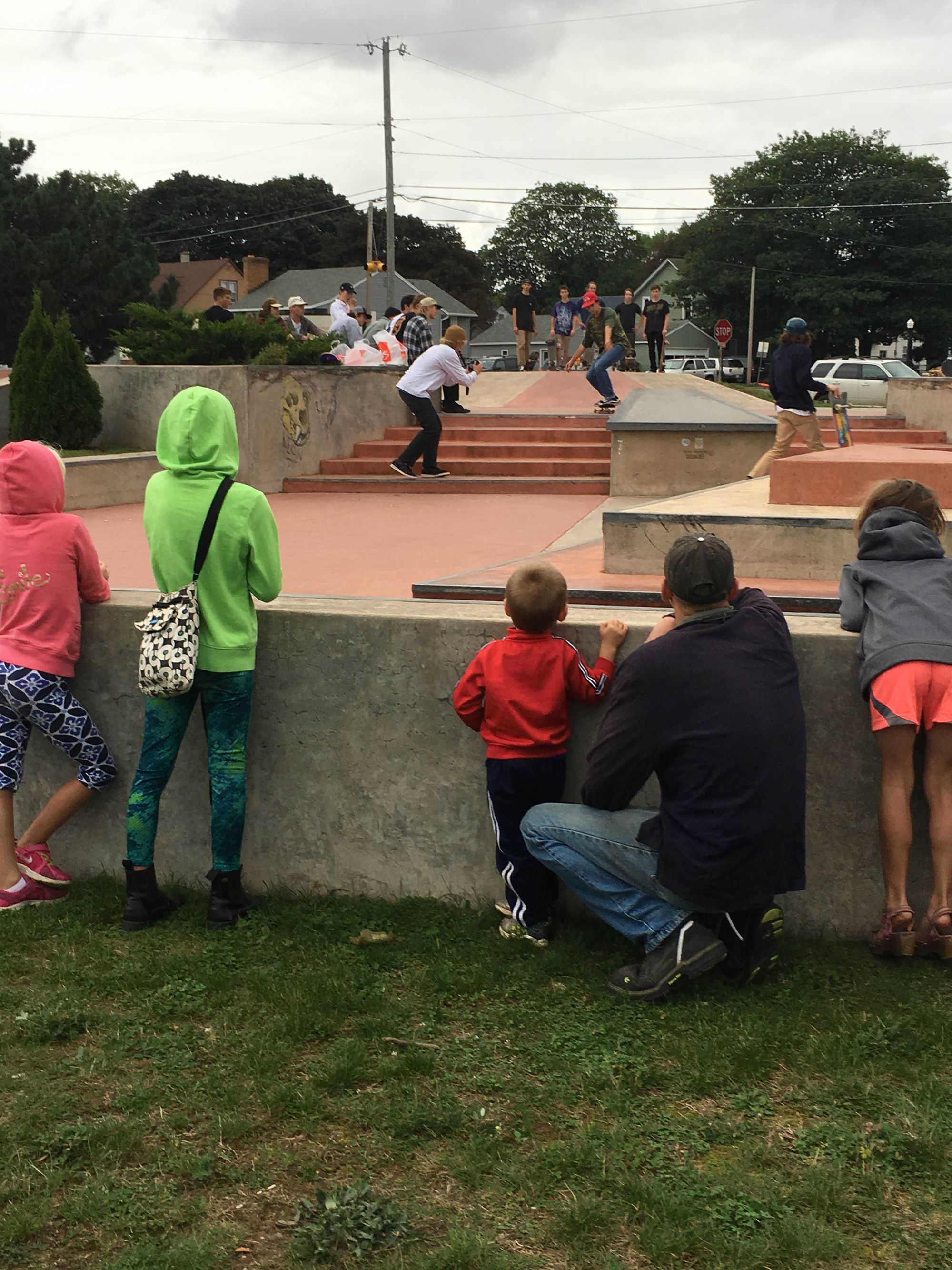
North Rosedale Park Civic Association’s Legacy Project
The North Rosedale Park Civic Association's Legacy Project based out of Detroit, Michigan sought to transform Rosedale's much-beloved Community House and adjacent seven-acre park into a vibrant, interactive public space, filled with friendly faces, educational opportunities, revitalized athletic fields, lush greenery and beautiful art.
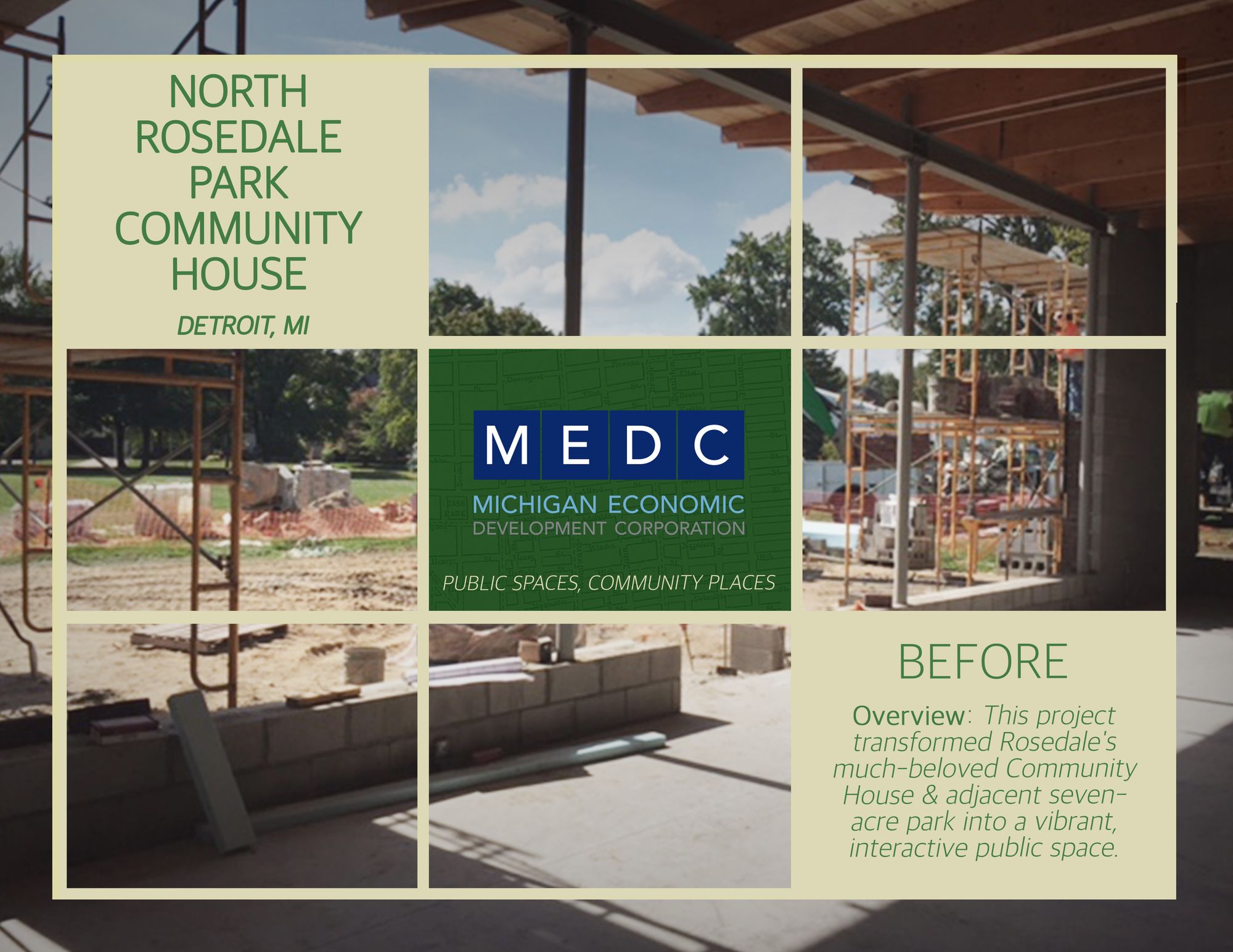
Being based out of Detroit, I had the opportunity to meet with their team in person and collaborate on strategies to help them reach their funding goal and receive the MEDC’s matching grant. Incorporating offline contributions and fundraising strategies would be key to getting this project off the ground, and we knew from our research of other crowdfunding platforms that offline contributions were typically not accepted.
At Patronicity, we wanted to be accessible, not allowing lack of access to credit cards or the internet to be an obstacle for a patron to give or a community to receive support. Now Patronicity projects have the ability to add offline contributions in real-time directly to a project’s page, however back then the Rosedale community team had to notify me and I had to manually add it to the backend of the project. Usually these offline contributions were whole and round numbers like $25 or $100, but one day I received a notification of a contribution of an odd amount, something like $43.50. Curious to see if this was an error, I inquired where the odd contribution came from and the Rosedale project leader told me the most heartwarming story.
That odd amount was, in fact, correct. The excitement around the community house’s renovation was reaching all across the neighborhood, and a little girl in the 3rd grade wanted to support. Without her own access to the internet, nor a bank account, credit card, or any money to her own name, she wanted to support. With the help of her mom, she ran a local bake sale, raising the odd amount of funds to support her community-wide campaign, exemplifying the our company name that anyone could become a Patron of their City.
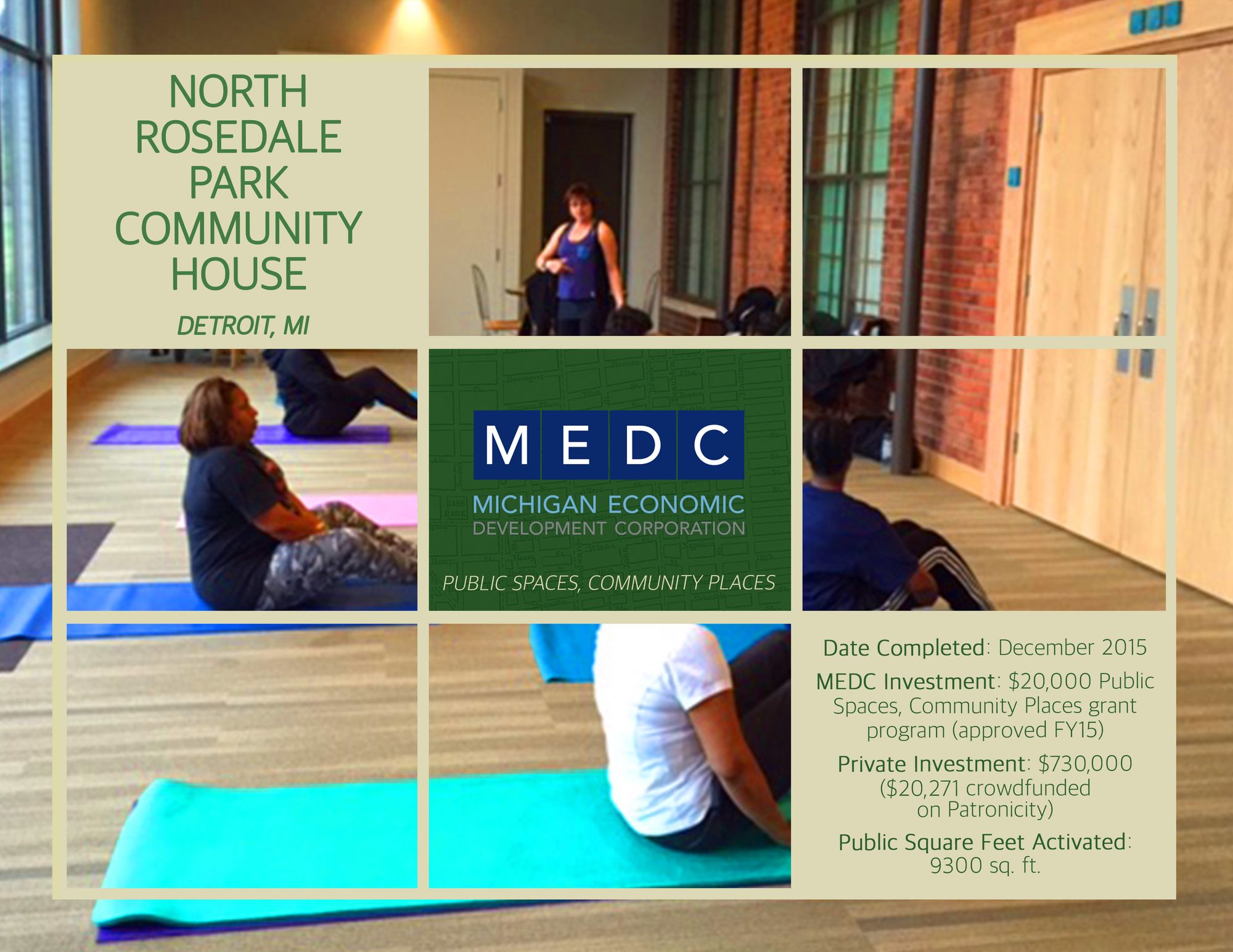
Each and every day, projects like these remind me of the important work we do at Patronicity. Our team is so proud to support changemakers making a real difference in their neighborhoods and communities. As we move forward on our journey to another 10 years, we are excited to continue to champion community leaders, empower community transformation, and instill community pride, together.

